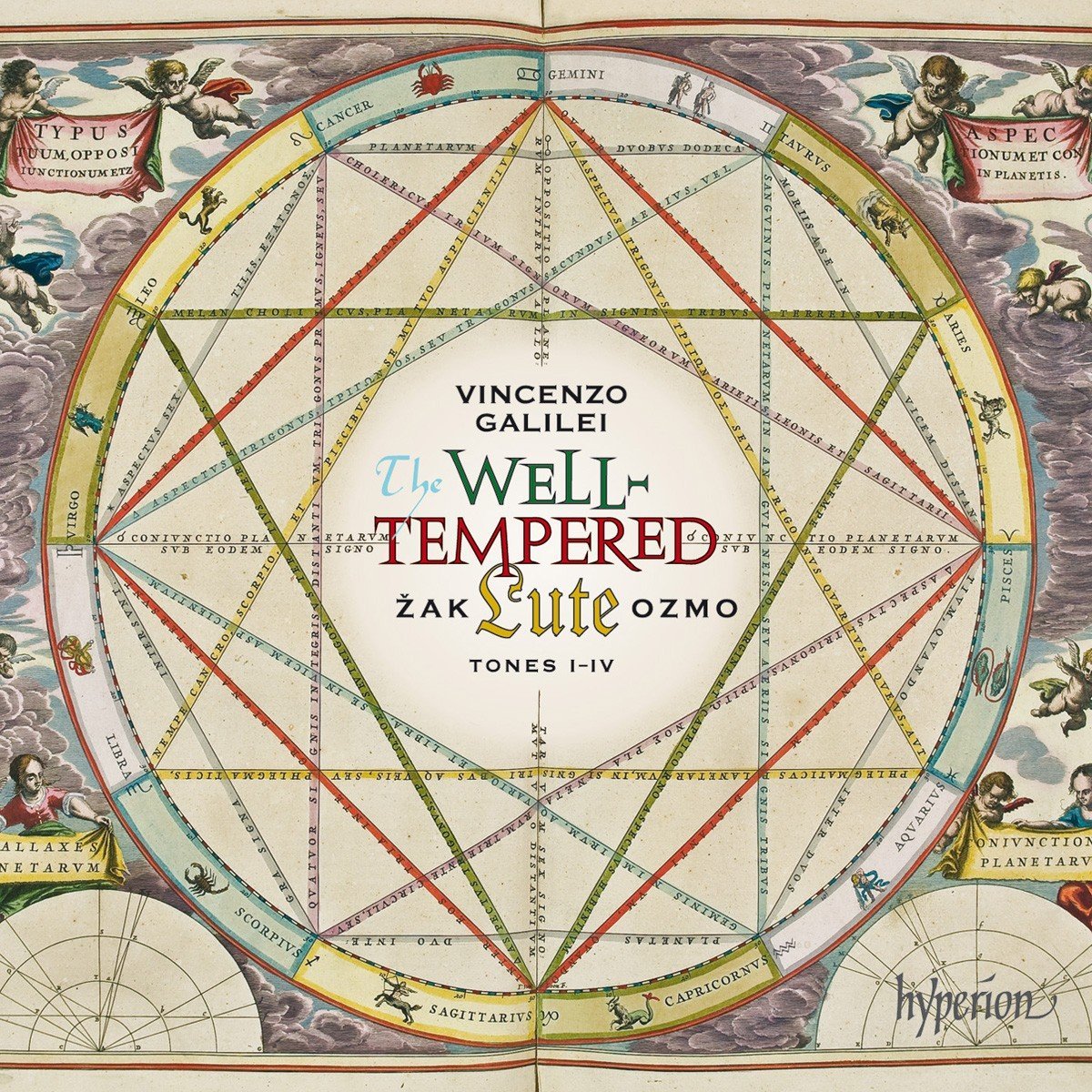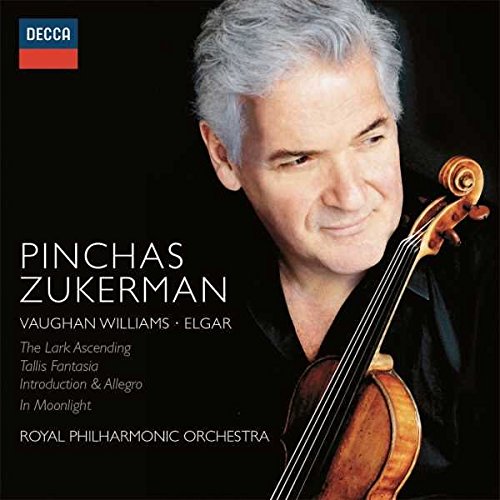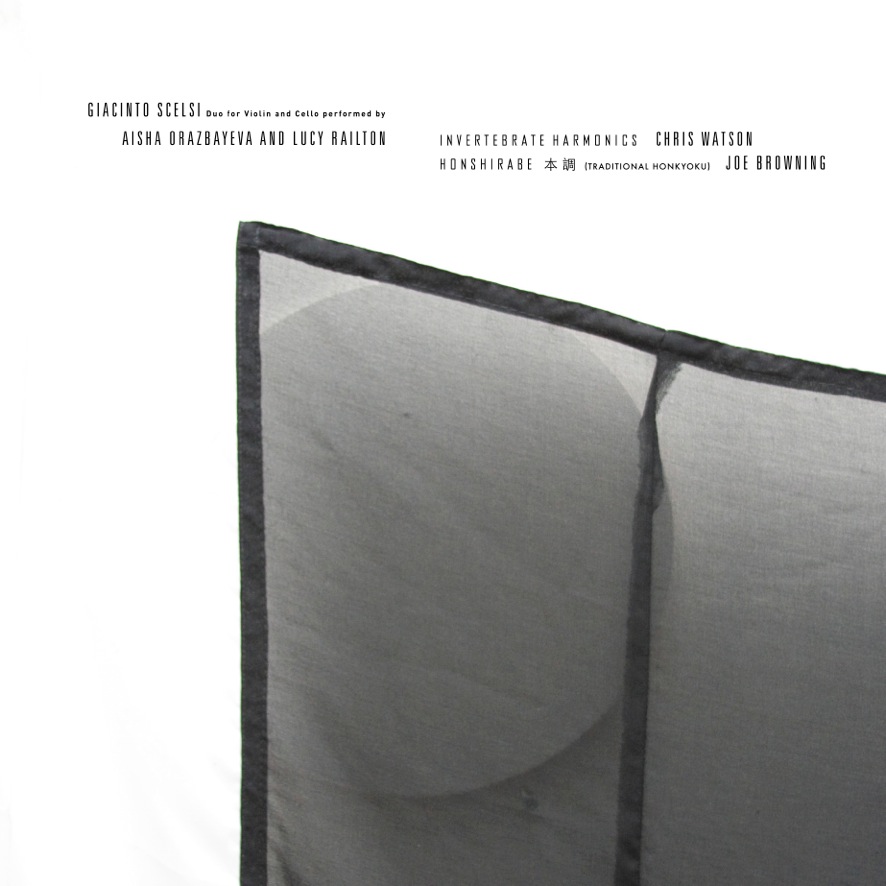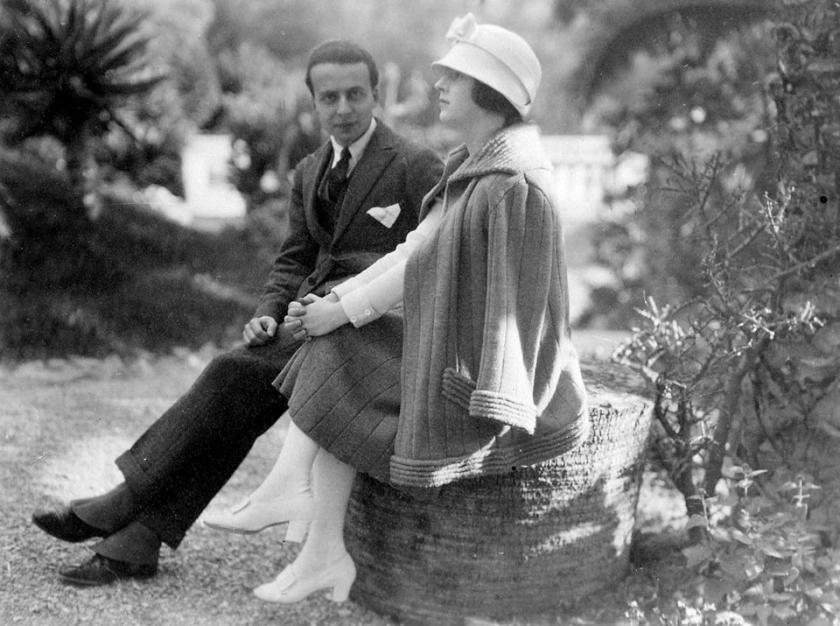 Vincenzo Galilei: The Well-tempered Lute Žak Osmo (lute) (Hyperion)
Vincenzo Galilei: The Well-tempered Lute Žak Osmo (lute) (Hyperion)
Bach's Well-tempered Clavier wasn't the first major musical work designed to demonstrate the advantages of an equitable, scientific approach to intonation. Vincenzo Galilei's Libro d'intavolature di liuto was published in 1584, a hefty collection of pieces composed for lute, some of which demonstrate the instrument's capability to transpose pieces to any pitch of the well-tempered scale. Galilei was a polymath who approached the study of music with scientific zeal, and his best-known son was the astronomer Galileo. The technical difficulties involved in playing these pieces have led some academics to suggest that Galilei's intentions were purely theoretical. So hats off to lutenist Žak Osmo for making this music sound so approachable and entertaining, despite his describing the digital dexterity required by his left hand as “not for the faint-hearted.”
Nominally these pieces are dances, and Osmo's selection covers the first four steps of the chromatic scale. After the first section's final Romanesca moderna, there's a delicious semitonal shift upwards as we move from a bright G major to crepuscular Ab minor. It feels like a candle's been snuffed out, though warmth returns with a delightful Salterello. Osmo's playing is remarkable, and there are moments when it's hard to believe he's not been overdubbed. As in the Passamezzo moderno from Tone III, the rapid treble passagework immaculately coordinated with a stately bass line. An hour of Renaissance lute music might seem a hard sell, but this is an enchanting, approachable disc. Osmo's sleeve note makes for a good read, and the cover art is attractive.
 Elgar and Vaughan Williams: Orchestral Music Pinchas Zukerman (violin, viola & conductor), Royal Philharmonic Orchestra (Decca)
Elgar and Vaughan Williams: Orchestral Music Pinchas Zukerman (violin, viola & conductor), Royal Philharmonic Orchestra (Decca)
That Vaughan Williams's The Lark Ascending regularly tops Classic FM's Hall of Fame playlist is bemusing but gratifying, the list's Top Ten taking in Allegri's Miserere alongside music written for a video game. The Lark wasn't always so ubiquitous, and Pinchas Zukerman's 1973 recording (made at short notice with Daniel Barenboim conducting) played a significant part in making it a repertoire work. Zukerman's new version is tender and never indulgent, the flowing speeds making it among the swifter recorded performances. Zukerman's tone isn't as refulgent as it once was, but there's still plenty of warmth. Crucially, he's aware of the work's small scale, never over-egging things. He's equally winning in Elgar's Salut d'amour, again acting as soloist and conductor, and gives us an attractive viola transcription of In Moonlight, a tune which first appeared in Elgar's overture In the South.
The tracklisting reads like a compilation of everyone's favourite bits of English string music, which is no bad thing. Zukerman's Tallis Fantasia exudes exactly the right degree of rapt mystery, the strings of the underrated Royal Philharmonic Orchestra on fine form. We get a sweetly-paced account of Elgar's Serenade and an electrifying Introduction and Allegro, the work's faster music brilliantly incisive. Chanson de matin and Chanson de nuit may be salon pieces, but they're deeply affecting when performed this well. All warmly recorded in the mellow acoustic of Cadogan Hall. An unexpected delight of a disc – you may possess umpteen versions of these pieces already, but Zukerman's intelligence and affection make this worthy of a place on anyone's shelf.
 Giacinto Scelsi: Duo for Violin and Cello, plus works by Chris Watson and Joe Browning Aisha Orazbayeva (violin), Lucy Railton (cello) (SN Variations)
Giacinto Scelsi: Duo for Violin and Cello, plus works by Chris Watson and Joe Browning Aisha Orazbayeva (violin), Lucy Railton (cello) (SN Variations)
Start reading up on Giacinto Scelsi’s life and things get a little weird: he was a self-taught Italian avant-garde musician who refused to be photographed, occasionally to be spotted wearing a fur coat and hat in the height of summer. Stating at times that he was merely the messenger, not a composer, Scelsi’s later music became too complex for him to notate, so his works were transcribed and realised by collaborators. Most notably the composer Vieri Tosatti, who after Scelsi’s death in 1988 wrote an article entitled “Giacinto Scelsi C’est Moi,” in which he claimed credit for Scelsi’s output and argued that it wasn’t in fact any good. Scelsi is unlikely to make an appearance in Classic FM’s Hall of Fame (see above) any time soon, so start with this recording of his Duo for Violin and Cello. It comes as a handsomely produced 12” vinyl EP. Vinyl is the perfect medium for this repertoire, largely because it demands one’s complete attention. You can’t move around or multitask. Each of the two brief movements demonstrates Scelsi’s ability to structure whole pieces around a single note, the cello’s drone a constant. Over which we hear a dazzling display of microtonal twitches and occasional flurries of sinewy melody. All incredibly odd, yet totally compelling in this well-prepared performance from Aisha Orazbayeva and Lucy Railton.
The B side opens with sound recordist and artist Chris Watson’s Invertebrate Harmonics, assembled from field recordings of insects made in the jungles of Borneo. Scelsi would have approved, the chirrups and hisses becoming the one-note background for Watson’s sonic jiggery pokery. There’s also a nod to Scelsi’s influences in an extended bamboo flute solo recorded by Watson and beautifully performed by Joe Browning, a melody originally played by itinerant Buddhist monks in Japan. Ear-stretching, life-enhancing stuff, the whole EP also available as a download for those without turntables.














Add comment